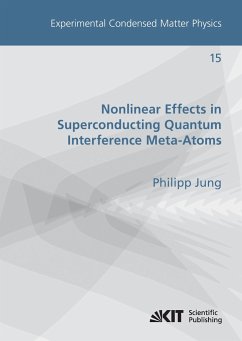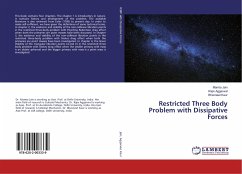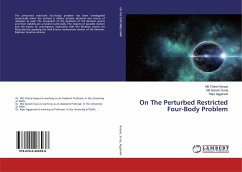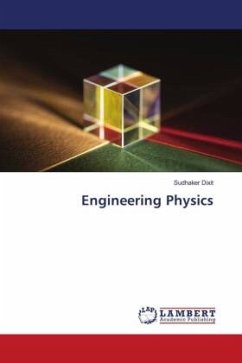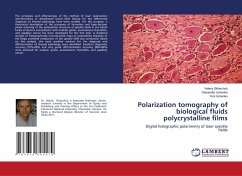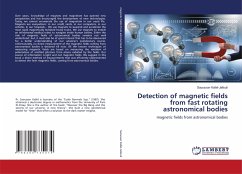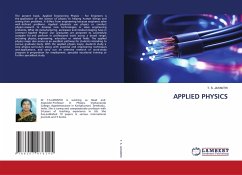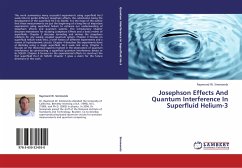
Interference Effects In Restricted Systems
Trapped Bose-Einstein condensates and the transport of electrons in films with rough surfaces
Versandkostenfrei!
Versandfertig in 6-10 Tagen
40,99 €
inkl. MwSt.

PAYBACK Punkte
20 °P sammeln!
We consider two cases of competing phenomena in restricted systems in which the state is decided by an interplay of interfering physical mechanisms. We begin by investigating the interference between bulk and surface scattering in metal films. We calculate the effective transport time beyond the Matthiessen's approximation, which assumes independence of the bulk and surface scattering channels. The bulk-surface interference contribution to electrical resistance is shown to strongly affect the effective transport time and conductivity, and to depend on the surface roughness, temperature and imp...
We consider two cases of competing phenomena in restricted systems in which the state is decided by an interplay of interfering physical mechanisms. We begin by investigating the interference between bulk and surface scattering in metal films. We calculate the effective transport time beyond the Matthiessen's approximation, which assumes independence of the bulk and surface scattering channels. The bulk-surface interference contribution to electrical resistance is shown to strongly affect the effective transport time and conductivity, and to depend on the surface roughness, temperature and impurity concentration. We also study the condensation process in a strongly interacting trapped BEC with and without an optical lattice. We describe how the repulsive interaction between the particles in a BEC within a trap pushes the normal particles to a spherical shell in the periphery reducing the condensation problem to a quasi-two dimensional one as the condensation progresses.



